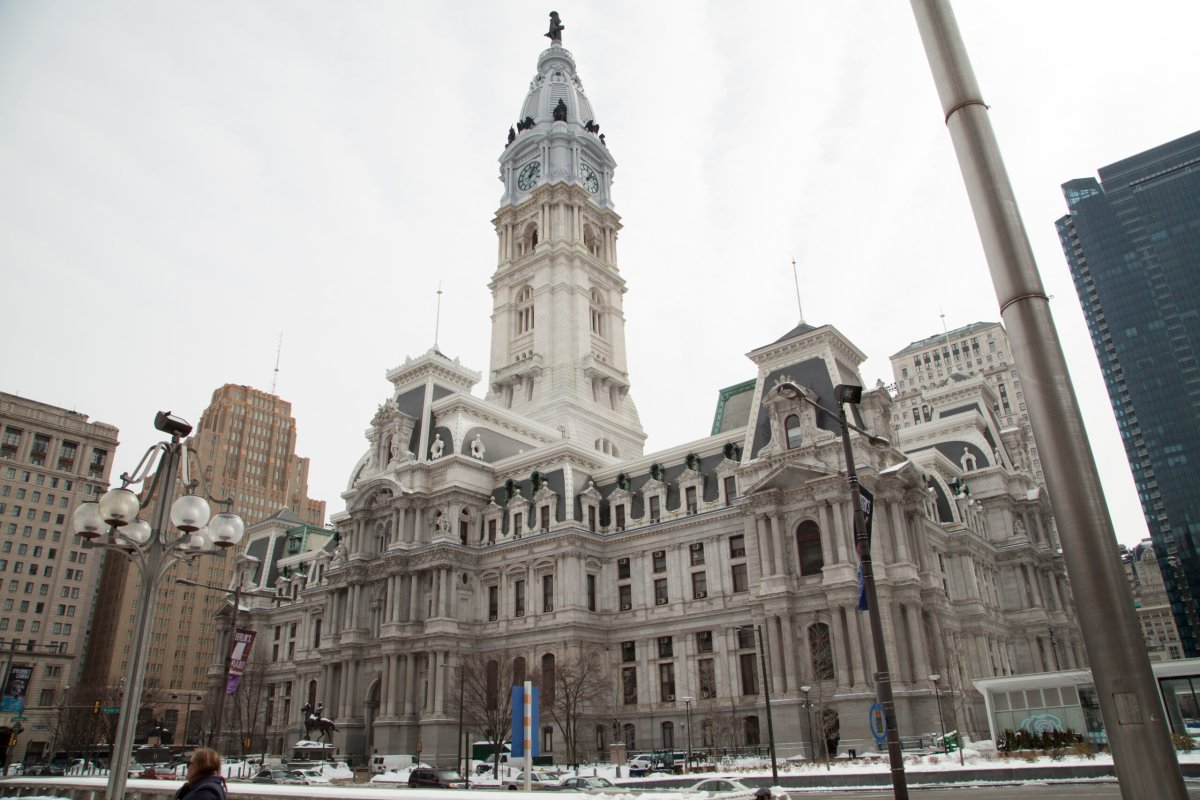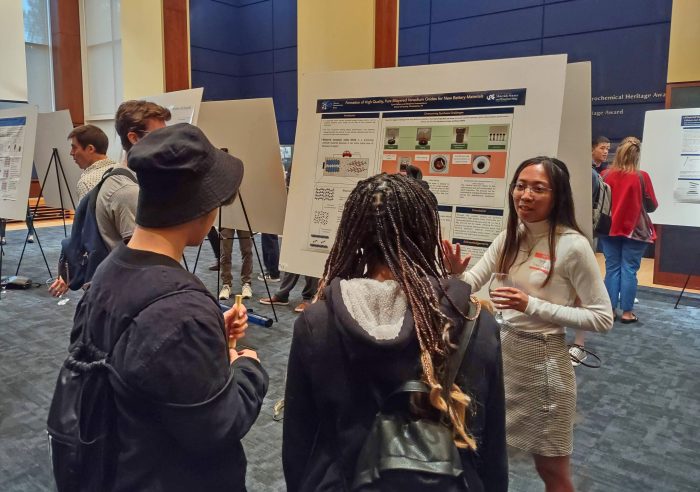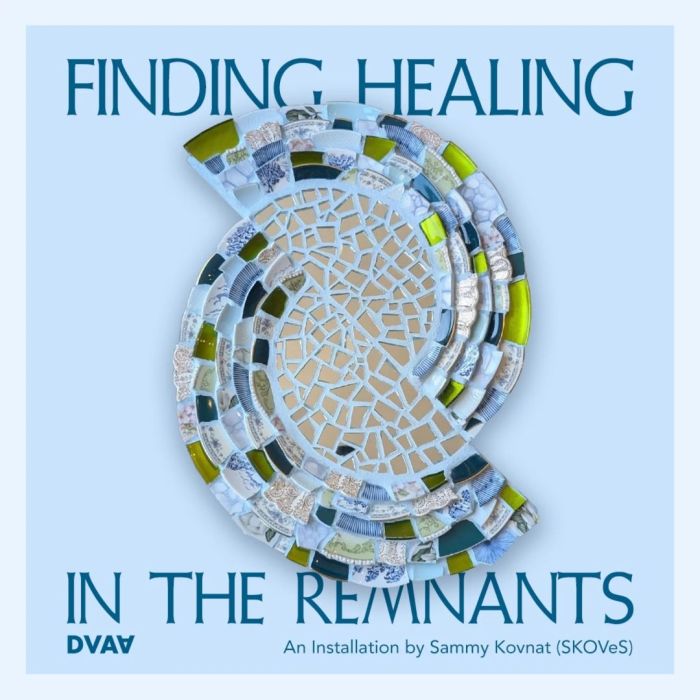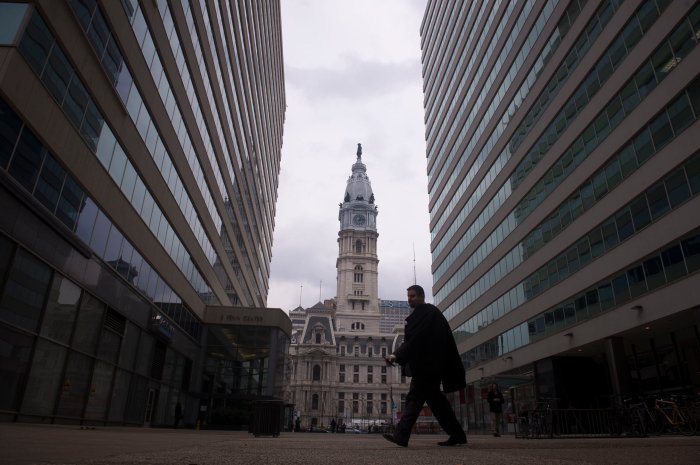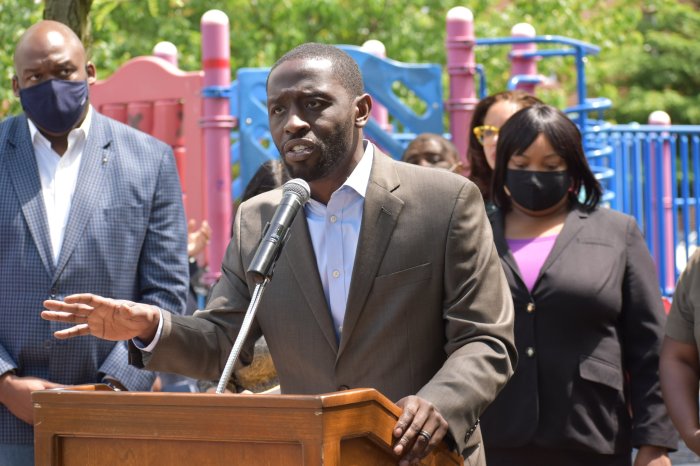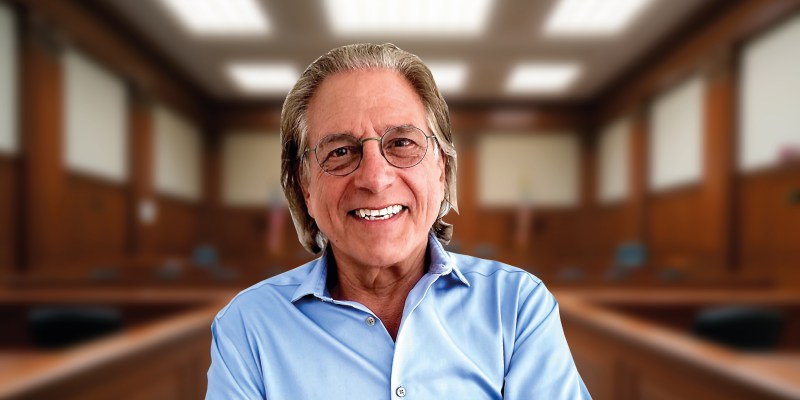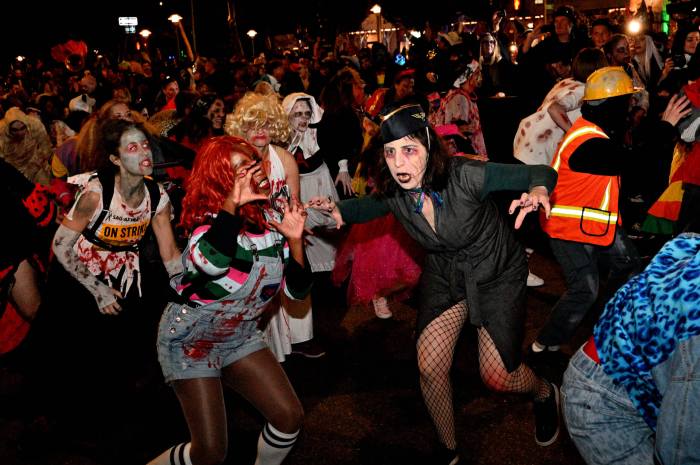City Council on Thursday moved to block supervised injection sites from opening in nearly all of Philadelphia’s neighborhoods, after hearing heated testimony from those on both sides of the issue.
The bill, which was overwhelmingly approved, establishes a zoning overlay prohibiting such centers in the 1st, 2nd, 4th, 5th, 6th, 7th, 8th, 9th and 10th Council districts. Only the 3rd District – which covers parts of West and Southwest Philadelphia – was excluded from the legislation.
Injection sites would only be able to open outside of the 3rd District if backers procure a variance, which requires a meeting with a neighborhood association and approval from the Zoning Board of Adjustment.
Councilmember Jamie Gauthier, who represents the 3rd District, did not attend Thursday’s meeting, the first session since June, but, in a statement issued earlier in the day, she indicated that the city “should not take anything off the table.”
“I know my colleagues are just as concerned as I am by the drug crisis, and I am unwilling to deny my constituents their right to at least consider a tool that has been proven to save lives in other jurisdictions,” Gauthier said.
Councilmember Kendra Brooks, an-large member of the Working Families Party, echoed Gauthier’s sentiments and was the only lawmaker out of 14 in attendance to vote against the bill.
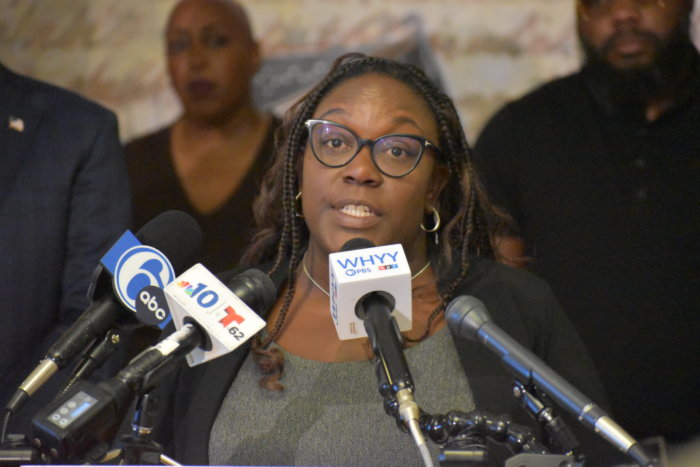
Mayor Jim Kenney’s administration said Thursday that they “remain supportive” of supervised injection sites, also called overdose prevention centers and safe injection sites.
“This is not the time to limit our options, especially when we know that overdose prevention centers operating in other cities are saving lives, preventing injuries and illness, reducing drug use and drug-related litter in public spaces, and increasing connections to health services and needed care,” the mayor’s office said in a statement.
Cherelle Parker, the Democratic mayoral nominee and Kenney’s likely successor, took a different view, calling the vote “a victory for all Philadelphians.”
“I stand with the members of City Council who made their constituents’ voices heard loud and clear: Drug consumption sites are not the answer to this crisis,” Parker said in a statement.
Debate over injection sites has been ongoing for several years, among civic groups and in federal court, where Safehouse, a nonprofit, has been seeking authority to open a center.
City Councilmember Quetcy Lozada, who introduced the zoning legislation, represents a district that includes Kensington, the area most ravaged by the opioid epidemic.
“I will not apologize for making the voices of people who live in my community a priority,” she said at the meeting. She did apologize to her constituents for the government “allowing” the quality-of-life issues in Kensington and Harrowgate.
Some proponents of the bill who spoke at the session disagreed philosophically that an injection site would help people suffering from addiction, while others wanted to be assured that community groups would have input before any plan moves forward.
“Our children are walking over bodies and needles every day,” Kensington resident Marnie Aument-Loughrey told lawmakers. “I have a 6-year-old little girl that fell on a needle and has to be tested for HIV every six months. Her rights count.”
“We do want people to get help, but our rights have to be heard,” she added. “We have the right to say what happens and goes on in our community.”
Overdose prevention center supporters argued that the sites have been proven to save the lives of drug users and offer them resources.
“What we are currently doing is not nearly enough,” said Dr. Shoshana Aronowitz, a nurse practitioner who treats patients at Prevention Point. “People are suffering and dying in the streets of our city, and it does not have to be this way.”
Driven in part by the rise of xylazine, or “tranq,” and the continued prevalence of fentanyl, 1,276 people died from accidental drug overdoses in Philadelphia in 2021, the most recent year for which data is available.
Ronda Goldfein, board vice president and secretary for Safehouse, said harm reduction experts and residents, though pitted against each other Thursday, ultimately want the same outcome.
“We are in a public health crisis because City Council – this version and previous versions – have not protected the public,” she told Metro. “The issue should really be: What’s City Council doing to protect the health of Philadelphians?”
Safehouse has been entangled in legal challenges since 2019. Following an initial approval three years ago, the organization attempted to open at site in South Philadelphia, sparking an uproar from neighbors.
The case is pending, with attorneys for the federal government currently pushing a judge to dismiss Safehouse’s argument that it is opening an injection site based on religious conviction to save lives.



